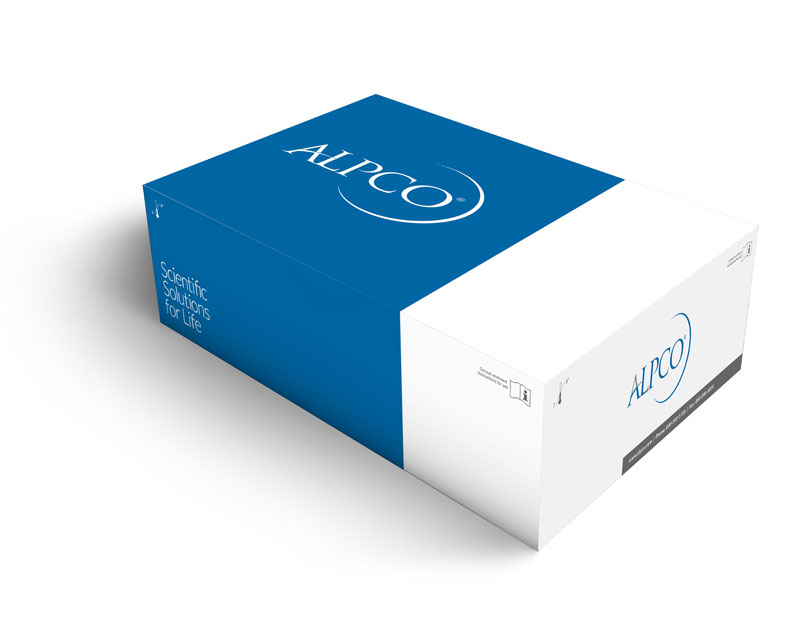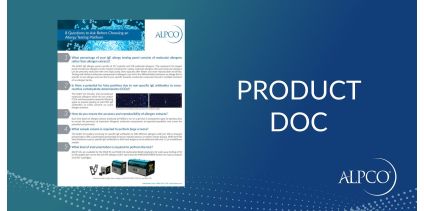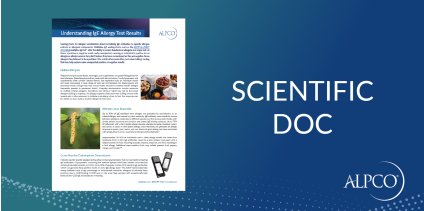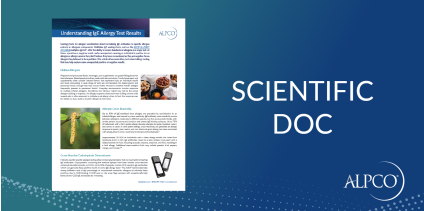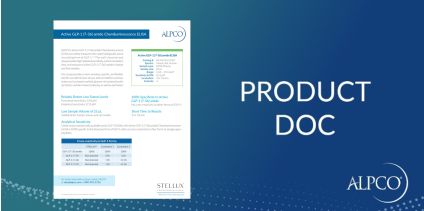Anti-Sm/RNP-C IgG ELISA
Anti-Sm/RNP-C (IgG) ELISA is a solid phase enzyme immunoassay for the quantitative and qualitative detection of antibodies against the snRNP complex in human serum. The assay employs native human U1-snRNP complex highly purified from the cell-line HeLa. The U1-snRNP complex comprises the Smith antigen (Sm) and RNPs, the 70 kDa U1-specific protein plus proteins A and C. The assay is a tool for the study of mixed connective tissue diseases (MCTD) and systemic lupus erythematosus (SLE). Research Use Only. Not for Use in Diagnostic Procedures.
Minimum Order Required. Please call for details.
Antibodies against snRNP belong to the heterogenous group of anti-nuclear antibodies (ANA), which are associated with various autoimmune diseases. They are directed against proteins of the nucleus. Indirect immunofluorescence test (IFT) on eucaryotic cells has been the established method for the detection of ANAs.
Single antibody specificities are distinguished by fluorescence patterns but more specific testing by ELISA, employing the target antigen, has been established for simple and reliable differentiation of ANAs. Antibodies against the sn-RNP complex are directed against Sm as well as the 70 kDa U1-specific proteins plus proteins plus proteins A and C. They typically occur in SLE and mixed connective tissue diseases (MCTD), but are also found in Sjogren's syndrome, scleroderma, and polymyositis.
The differentiation of the autoantibodies by ELISA employing the specific antigen is an aid in the study of SLE and MCTD. Antibodies against the 70 kDa U1 RNP protein are found in 95 of MCTD and in 40 of SLE, while isolated occurrence of anti-U1 RNP 70 kDa antibodies is typical for the Sharp syndrome. In contrast, antibodies against Sm are highly specific for SLE and thus are included in classification criteria for SLE. 20-30 of individuals with SLE display antibodies against Sm.

